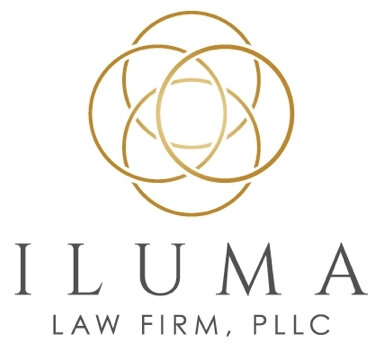Hosting an online event? Here’s how to make sure your business is covered.
Here’s what you need to avoid ghosting speakers, chargebacks, and clients sharing your content without permission:
Guest Speaker Contract:
If you are having a guest speaker, you should have a contract that basically explains the who, what, when, where, and how of the speaking engagement.
Make sure to explain who will be speaking, how long the speaker is going to speak, what the speaker will be speaking about, whether the speaker will be paid (and if so, how), when the speaker will be speaking, whether the parties can cancel the agreement (and if so, how and when they can do this), who owns the rights to what intellectual property, and what damages can be recovered if the speaker fails to show up for the event.
Terms and Conditions:
Your Terms and Conditions are essentially your rules for attendees. They should be specific and include:
Payment terms
Cancellation and refund policies
Intellectual property agreements that outline how attendees can and can’t use or distribute content from your event
A disclosure letting attendees know if the program is going to be recorded and whether their photos or comments are going to be used at a later date
Anti-cyberbullying /derogatory comments policy letting attendees know what types of comments are prohibited
Any applicable disclaimers
If applicable, a clause that gives you permission to use attendees’ photos or comments for promotional use
A checkbox that requires attendees to click that they have read, understand, and agree to your Terms and Conditions
Insurance:
A good general liability insurance policy will cover your business in the event it is sued as a result of any mishaps.
Sponsor Agreements:
If you are having any sponsors at your event, you should have contracts with your sponsors that explain how the sponsorship works, how content will be displayed and for how long, payment terms, cancellation terms, and explanation of who owns the copy and other intellectual property rights.
Disclaimer: This information is provided for general information purposes only and should not be construed as legal advice with respect to any matter. This information is not intended to be an exhaustive list of the topics discussed. It does not create an attorney-client relationship and should not be used as a substitute for legal advice in any specific situation.
© 2021 Iluma Law Firm, PLLC. All rights reserved.

